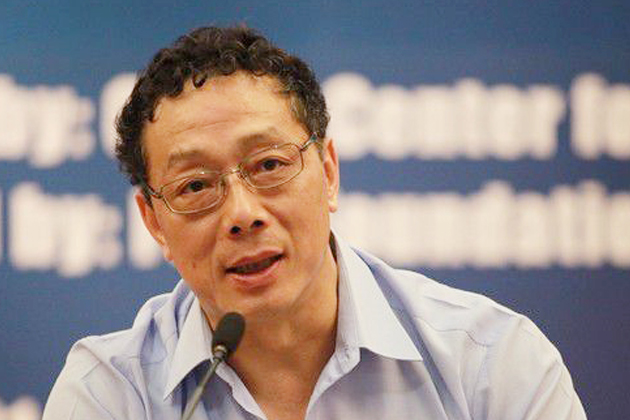Why are Chinese cities lowering the threshold for household registration?
 In the past, talent attraction corresponded with job posting, because you were given a job before being offered hukou. Those people who were offered hukou were usually fewer than the number of people who were employed. Now cities have made many adjustments to the policy. Even if you have not been offered a job in the city, you can acquire your hukou first, that is, you can register your household and obtain your permanent residential permit.
In the past, talent attraction corresponded with job posting, because you were given a job before being offered hukou. Those people who were offered hukou were usually fewer than the number of people who were employed. Now cities have made many adjustments to the policy. Even if you have not been offered a job in the city, you can acquire your hukou first, that is, you can register your household and obtain your permanent residential permit.
So what are the main reasons why cities have to scramble to lower the threshold for household registration in order to attract talent?
First, according to the new style of urbanization policy proposed by the CPC Central Committee, local cities are required to lower the threshold for hukou registration. The 19th CPC National Congress report has explicitly put forward speeding up work on granting permanent urban residency to people who move from rural to urban areas. Though megacities also emphasize the control of population in their main urban districts, those with higher educational backgrounds and academic degrees have the priority access to hukou registration.
Second, from the perspective of the laws of urban development nationwide and even worldwide, the cities that possess economic vitality are mostly migrant cities. In China, Beijing, Shanghai, Guangzhou and Shenzhen are the cities where migrant populations are the largest. The proportion of migrants to those with local residency is about four to one in Shenzhen. The migrant population in Beijing totals about 8 million, accounting for two-fifths of the total population, while the migrant number in shanghai is more than 9 million, accounting for a similar proportion of the total population. The successful experience of these cities’ development shows that absorption of a large number of migrants is a key measure to improving urban vitality.
Third, there is an economic impetus under which some cities have relaxed the restrictions on hukou system management. The key is to attract industrial investment and prepare a human resource reserve. Some cities’ loosening of hukou registration is actually a measure targeting the absorbing effect that a human resource reserve has in increasing investment.
Compared with the rigid hukou system management in the past, relaxed restrictions are a good deed. It is a practical measure for cities to implement the CPC Central Committee’s urbanization policy, and reform needs to be encouraged.
So from the perspective of city managers, what should they take into accurate and comprehensive consideration in terms of their city’s talent attraction policy?
First of all, can the standards for bringing in talent be determined according to the demands of particular sectors, rather than just academic degrees? The formulation of urban policies should take into account the needs of cities as well as the quality of urban services. Innovation requires both a good infrastructure environment and a good service environment. This service environment is not only reflected in the “high-tech,” but also in the provision of convenience for the traditional service industry, and more importantly, in the provision of low start-up costs.
In addition, good planning is necessary, including the development planning of industries and living space related to the introduction of new populations. Full consideration should also be given to how to rationally allocate resources in the main urban areas and other small and medium-sized neighboring cities so as to attract talent for employment and settlement. It is also necessary to consider how to provide medical care, education, infrastructure facilities and other resources in line with the talented people’s income level to create favorable conditions for their stable employment and residence.
Furthermore, bringing in more talent means the entry of more accompanying populations into cities. The problem of how to serve them is also an issue that governments needs to face.
This article was edited and translated from the Overseas Edition of People’s Daily. Li Tie is the chief economist from the China Center for Urban Development affiliated with the National Development and Reform Commission of China.
(edited by BAI LE)
